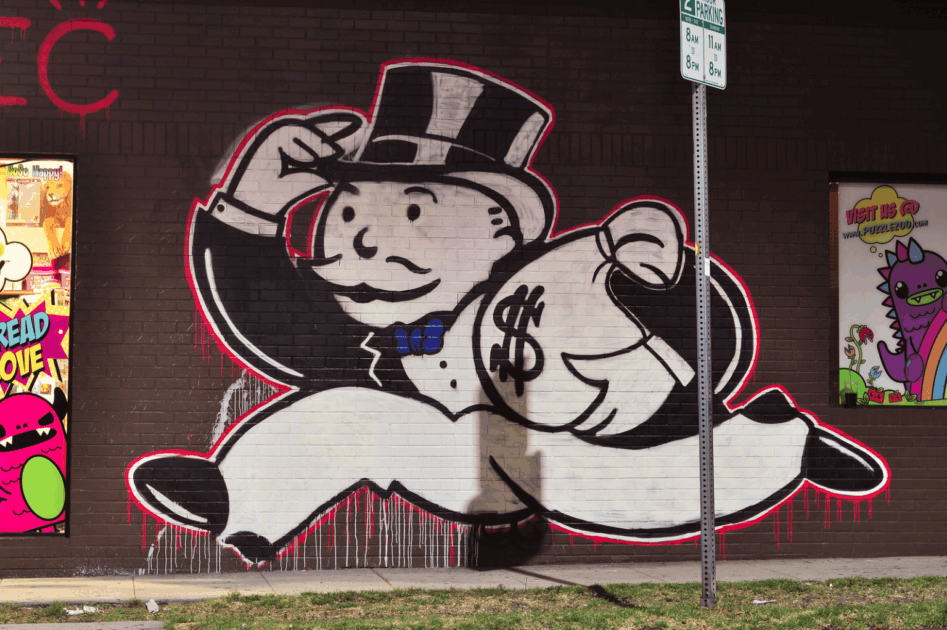By Amanda Lee
The political unrest in Indonesia gripped markets as protests across the nation turned deadly, with the benchmark stock index falling for a second straight session and the rupiah languishing near multimonth lows.
Protests over economic woes and inequality turned more violent last week after an armored police vehicle killed a motorcycle taxi driver during clashes in the capital. Indonesians started taking to the streets in late August after the government announced plans to raise lawmakers' monthly housing allowance of 50 million rupiah, equivalent to about $3,045, nearly 10 times the minimum wage in Jakarta.
The Jakarta Composite Index fell as much as 3.6% on Monday before paring declines to end 1.2% lower. The benchmark index has lost about 3% since its record close on Thursday. The rupiah was most recently changing hands at around 16,410 to the dollar, after weakening to its May lows on Friday.
The handling of the demonstrations, which have spread beyond Jakarta, is seen as a crucial test for President Prabowo Subianto, the former military general who took the reins of the world's third-largest democracy less than a year ago.
The president has since moved to quell public anger, though analysts were divided over whether it would be enough to mitigate the economic impact of the political fallout.
The protests in several Indonesian cities are unlikely to escalate to a degree that would undermine political stability, S&P Global Ratings analysts said in a bulletin.
The government has already addressed some grievances and appears to have the support of the major political parties in the country, they said. However, the analysts cautioned that potential policy adjustments, such as measures to support the economy and increase social spending, could add to the fiscal burden.
"In the absence of changes to other expenditure programs, this could widen the fiscal deficit," they wrote.
DBS senior currency strategist Philip Wee said that the president's actions to curb the unrest could stabilize the rupiah.
The Indonesian leader on Sunday blunt the outrage over rising living costs and inequality by canceling several controversial parliamentary benefits, he said. The president's decision to cancel his planned visit to China on short notice also serves to "reassure the people that their grievances mattered most," Wee wrote in a note.
"The protests highlight mounting discontent with the Prabowo administration," Commerzbank Research analysts said. Consumer sentiment had already been hurt due to factors such as U.S. tariff uncertainty, they said in a note.
Indonesia's GDP growth accelerated during the second quarter, driven by robust economic activity. Data on Monday showed that Indonesia's trade surplus widened in July as exports increased at a faster pace. Headline inflation was 2.31% on the year in August due to higher food, beverage and tobacco prices, while core inflation was 2.17%.
"The sudden rise in domestic political temperature increases growth and fiscal uncertainties," Helmi Arman of Citi Research said.
Indonesia's monetary policy is unlikely to change course amid stronger headwinds, he wrote in a note. However, the timing of rate cuts might be pushed back if foreign-exchange pressures escalate, the economist said.
The rupiah also came under pressure last week, weakening to around 16,500 as investors reassessed the political risk due to the violent protests.
"Assuming the situation stabilizes, markets may begin to unwind the risk premium priced into the rupiah last week," MUFG Bank's Lloyd Chan said in a note.
Bank Indonesia "will remain vigilant of skittish sentiment and portfolio outflow risks in the near term," OCBC economists wrote in a report.
The central bank noted last week that it remains present, with interventions in the forex spot, bond, domestic and offshore nondeliverable forward markets, they said.
"While the path ahead looks highly fluid, the backdrop of relatively elevated positioning in the local market is likely to act as a headwind," JPMorgan said in a note.
Write to Amanda Lee at amanda.lee@wsj.com
(END) Dow Jones Newswires
September 01, 2025 07:09 ET (11:09 GMT)
Copyright (c) 2025 Dow Jones & Company, Inc.







